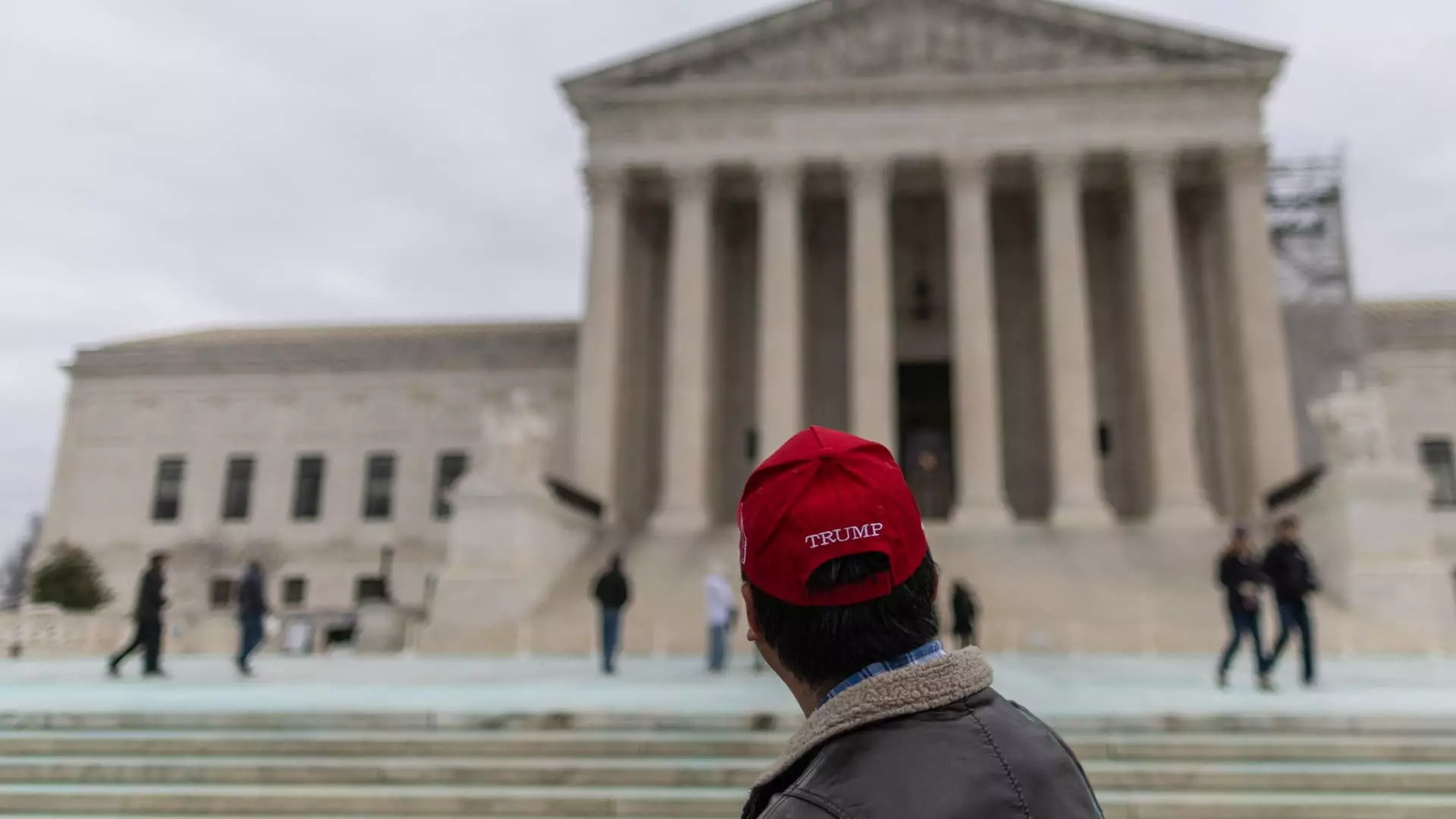In a significant legal development, the Trump administration has petitioned the Supreme Court to allow the dismissal of the head of the Office of Special Counsel (OSC), an agency specifically established to protect whistleblowers within the federal government. The case, which signifies a potentially perilous shift in the treatment of whistleblowing protections, showcases the administration’s broader efforts to assert authority over federal agencies, particularly through the legal system. This move, which may lead to heightened political tensions, reflects an ongoing dispute over executive power and the safeguarding of government employees who expose wrongdoing.
The petition submitted by the Justice Department represents the first substantial legal maneuver directly appealing to the Supreme Court since Donald Trump assumed office. It arrives amid ongoing legal confrontations that the administration has faced as it seeks to advance its agenda while navigating the constraints imposed by previous judicial decisions. Lawyers representing Trump are expected to continuously engage in similar actions as part of a strategy to overturn lower court rulings that impede the administration’s objectives as the President enters a potential second term.
Hampton Dellinger, the individual who found himself at the center of this legal battle, was reinstated temporarily following a judge’s order. The circumstances surrounding his dismissal raise critical concerns about the legality and motivations behind the Trump administration’s actions. Dellinger contends that he can only be removed from his role for legitimate performance issues—claims not substantiated in the dismissal communication he received. This raises serious questions about the implications of this case for the autonomy of federal agencies and the safeguards designed to protect them from political interference.
The Trump administration’s argument hinges on the assertion that the reinstatement of Dellinger by the judge represents an infringement upon executive power. The legal brief cites a landmark Supreme Court decision that has previously afforded the President immunity from criminal prosecution, echoing a broader interpretation of executive authority. This perspective suggests that the administration is willing to stretch the limits of established legal frameworks to consolidate power and mitigate oversight over its actions.
This case further embroils the Supreme Court, which currently comprises a conservative majority with three justices nominated by Trump himself. As such, the administration might be banking on a favorable ruling that aligns with their view of executive prerogatives. However, it remains uncertain how the justices will approach this matter, given its complexities and the potential ramifications for civil service protections.
Dellinger’s role in the OSC is crucial, especially during a time when allegations of unorthodox firings and retaliatory actions against federal employees have emerged. He has noted that the need for vigilant oversight and protection of whistleblowers is more critical than ever in light of recent firings lacking valid justification. The OSC’s mission is vital in maintaining a workforce that can act independently in the public interest without fear of arbitrary dismissal or persecution for speaking out against misconduct.
As the legal battle looms, attention will likely focus on the ramifications not only for Dellinger and the OSC but for the potential chilling effect it may have on future whistleblowers. A weakening of protections could dissuade individuals from reporting misconduct, thereby promoting a culture of silence that undermines accountability in government operations.
The ongoing efforts by the Trump administration to reshape and potentially diminish the federal bureaucracy extend beyond the OSC. The dismissal of figures like Dellinger could signal a larger strategy aimed at redesigning federal agencies, exacerbating fears of retaliatory firings among employees who might raise concerns. This presents an alarming prospect for advocates of civil service protections who view the OSC as a bastion of integrity in safeguarding government transparency.
The Trump administration’s legal push to dismiss the head of the OSC represents more than just a single incident; it is a pivotal moment that could redefine the landscape of whistleblower protections in the federal workforce. As the situation evolves, the implications of this case will resonate across all levels of government, shaping future interactions between executive power and the fundamental rights of civil servants.

